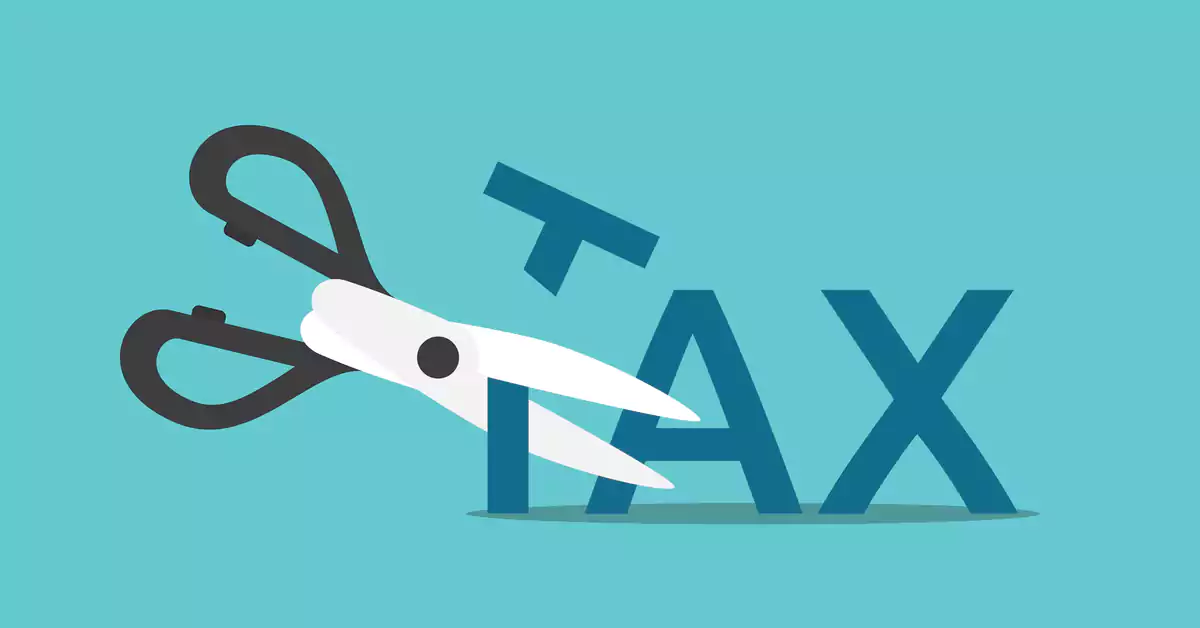Why Big Companies Don’t Pay Tax
It is not a new development that many large companies don’t pay tax. In fact, statistics reveal that 60% of big companies since 2018 to date have not paid tax despite producing massive profits from their business.
How do big corporations manage to pay little to no corporate tax?
In business law, large corporations are taxed solely based on their profits. Profit means revenue minus expenses, so if a particular company does not make profits in a particular year, then they don’t get to pay taxes.
Also, there are many businesses that are still at the startup level and have not really started making profits or have not broken even yet, so they cannot be taxed as well.
So what about the companies that are making profits? How come they don’t pay taxes?
There are a number of possible scenarios for this situation.
For instance, a company that records a loss in a particular business year and then makes profits the next year, that company can apply the profits of the current year to offset the losses of the past year, so it seems that the company made no profits at all.
If the losses are massive and the profits are smaller, they could spread it down to multiple years and apply the old losses to offset profits in the current year. This is called “Carryforwards.”
Also, public liability companies must declare their financial records quarterly and annually. These records clearly show what a particular company made as revenues and what they spent as expenses.
Companies that are not public liability do not necessarily have to declare this financial information.
On many occasions, big companies take on a lot of expenses that they would not normally take, like hiring disabled people or supporting communities, funding cancer research, etc. so they can build up their books with this information which considerably reduces their profits and thereby their taxes.
In some cases, they may reduce it to a point where they pay no tax at all.
Governments also play a huge role in all this because these corporations always lobby the government agencies and politicians to make laws that reduce taxes or try to offer the government whatever they want so that they can get tax cuts.
For example, a company can agree to create a particular number of jobs in exchange for tax relief for a period of time.
Many companies also pay their staff and consultants very high fees to reduce their corporate profits and pay less tax.
Some companies spread their expenses to different aspects or areas of their business, especially those that have operations in other countries or continents.
For example, the manufacturing or production industries can decide to make their product in another country like China or Korea and sell the product in the USA, so they can control prices, expense records and other details.
Making sure that they do more in places where they can pay fewer taxes and less where taxes are high.
This situation is present in almost every sector of the economy. It affects smaller companies because they get to pay more tax than the bigger companies, who have the ability to move numbers around and avoid tax.
Sometimes, companies even form mergers so that they can control entire value chains, and small companies cannot really compete with them because bigger companies can avoid many of the industry taxes.
Most large corporations usually employ all kinds of strategies to lower their tax burden, and they have tax consultants and lawyers who help them find loopholes in tax laws and circumnavigate them.
Many CEOs and founders also pay very low taxes, even lower than their employees, because they make all their expenses pass through their companies, so monies are hardly ever paid to them, so they don’t need to pay personal income tax.
Conclusion
The truth is that many of these big companies pay little or no tax because the law allows them to do so.
Their main objective is always making sure their shareholders and investors are happy and rich, and paying a lot of tax will not help them achieve that objective, so they work very hard to navigate through tax issues and reduce their tax payments to the minimum.
Also read about why big companies buy small companies.

